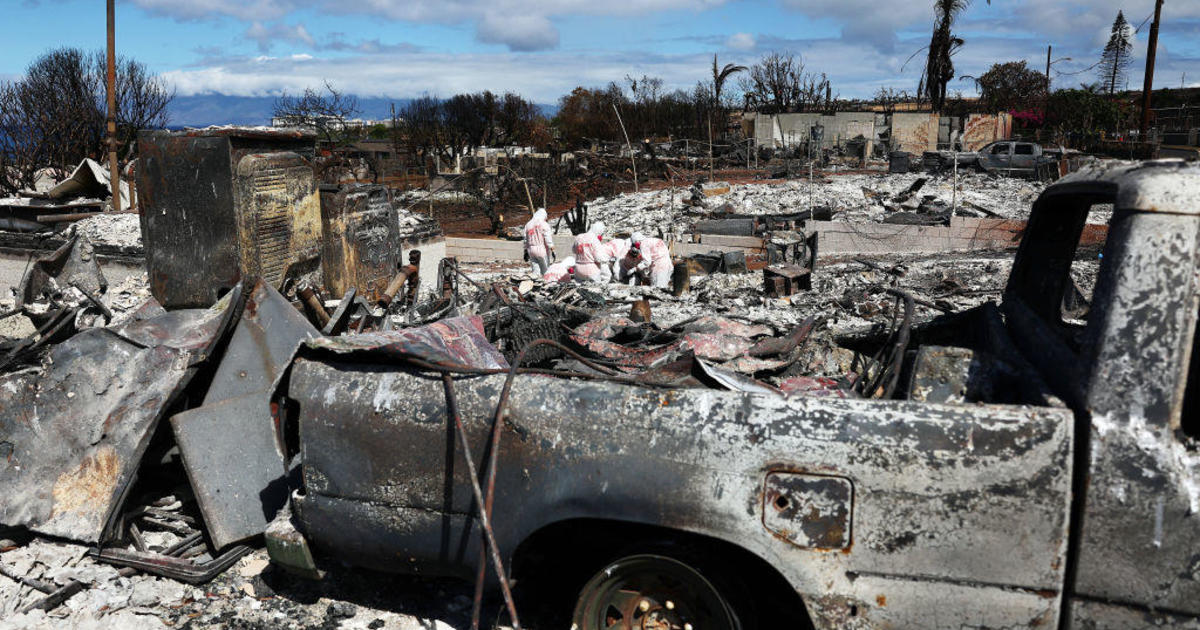Andrea Motley Crabtree, Army's first female deep-sea diver, reflects on her accomplishments
New York City — In 1982, now retired Master Sgt. Andrea Motley Crabtree became the U.S. Army's first female deep-sea diver, and the first Black female deep-sea diver across all U.S. military branches.
It was a remarkable moment in her remarkable life.
"I was happy to be there, happy to be in that suit," said Crabtree, who told CBS News she was inspired by her father and grandfather, both veterans.
At the time she earned her Army diver badge, she posed for a photo that later became the basis for a 2017 portrait by artist Henry Taylor that was featured in the U.S. Army Women's Museum in Fort Gregg-Adams in Virginia.
"I always wanted to be in the military, but a lot of people didn't think the military was a good thing for women," Crabtree said.
And recently, the portrait was included in an exhibition at the Metropolitan Museum of Art in New York City.
"It's incredible," Crabtree said of seeing the portrait in the Met this week, the first time she has seen it in person. "I'm almost speechless."
She battled racism and sexism throughout her journey.
"I was Army, going to a predominantly Navy environment," Crabtree said. "I'm female to a predominantly male environment. I'm Black, to a predominantly White environment."
She served in the Army from 1977 until her retirement in 1998, and spent four of those years as a deep-sea diver.
"And this guy, he looked at me and he says, 'You shouldn't be here. You should be home, barefoot and pregnant,'" Crabtree said.
"And I'm thinking, 'Why am I here?'" she added.
Others told her she wouldn't make it.
"I stayed in Army diving — and put up with everything that I put up with — for one reason: I loved it. I loved diving," Crabtree said.
Diving is a love she now shares with her three sons.
"There is no real reason why any woman who was able to do the job shouldn't have been able to do it," Crabtree said. "Or any reason why I should have been the first in 1982 to be a female diver for the Army. There were women who had tried, but they didn't succeed."
"And I'd do it all over again."



